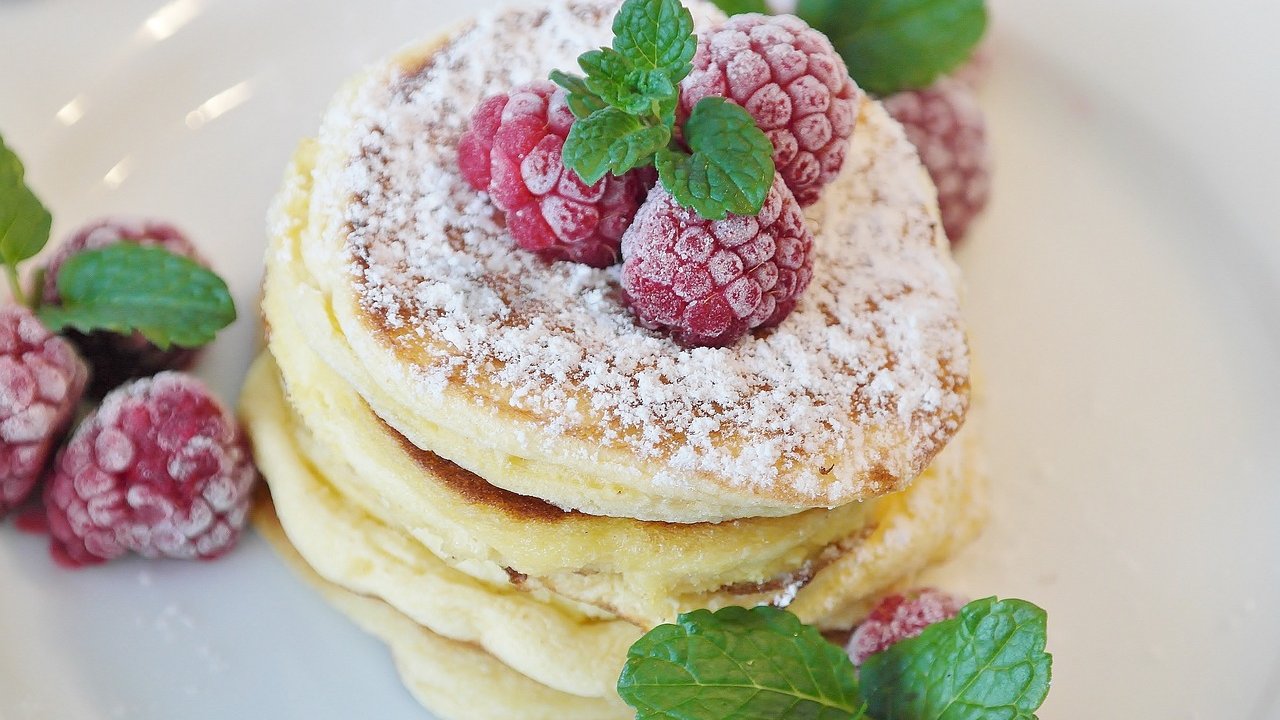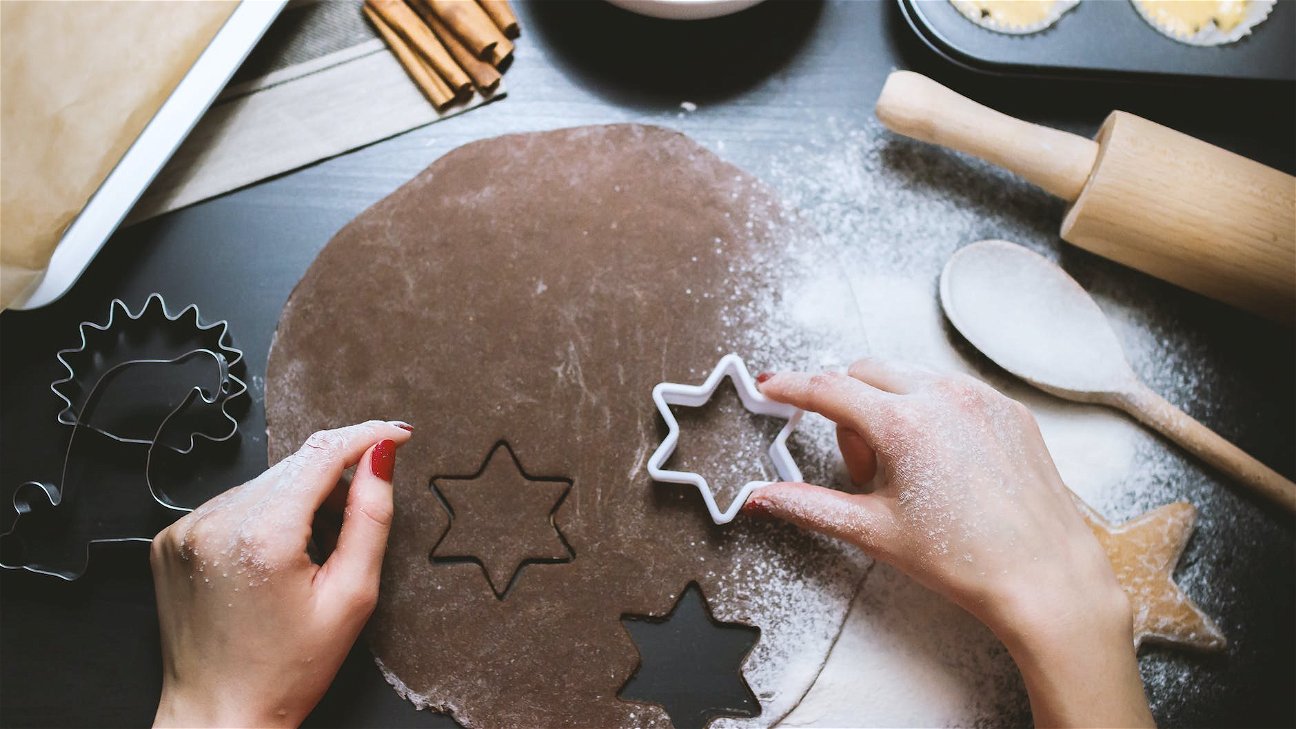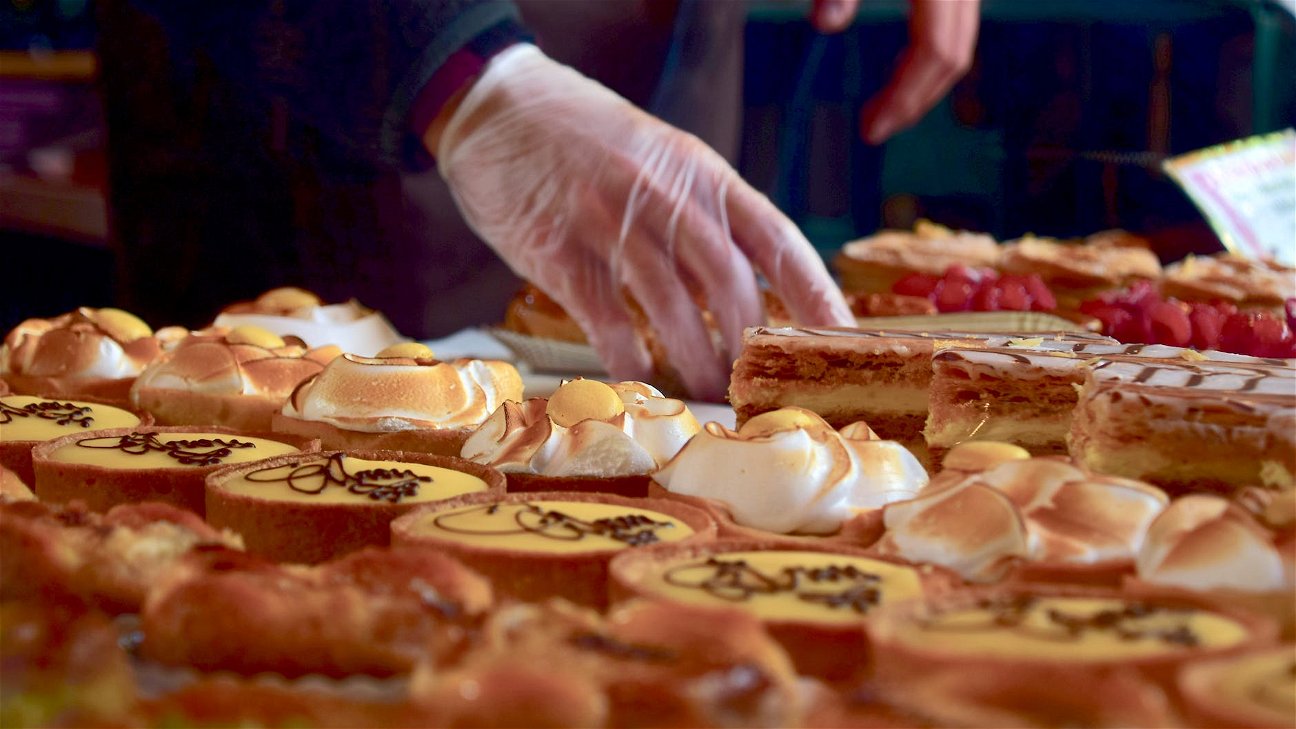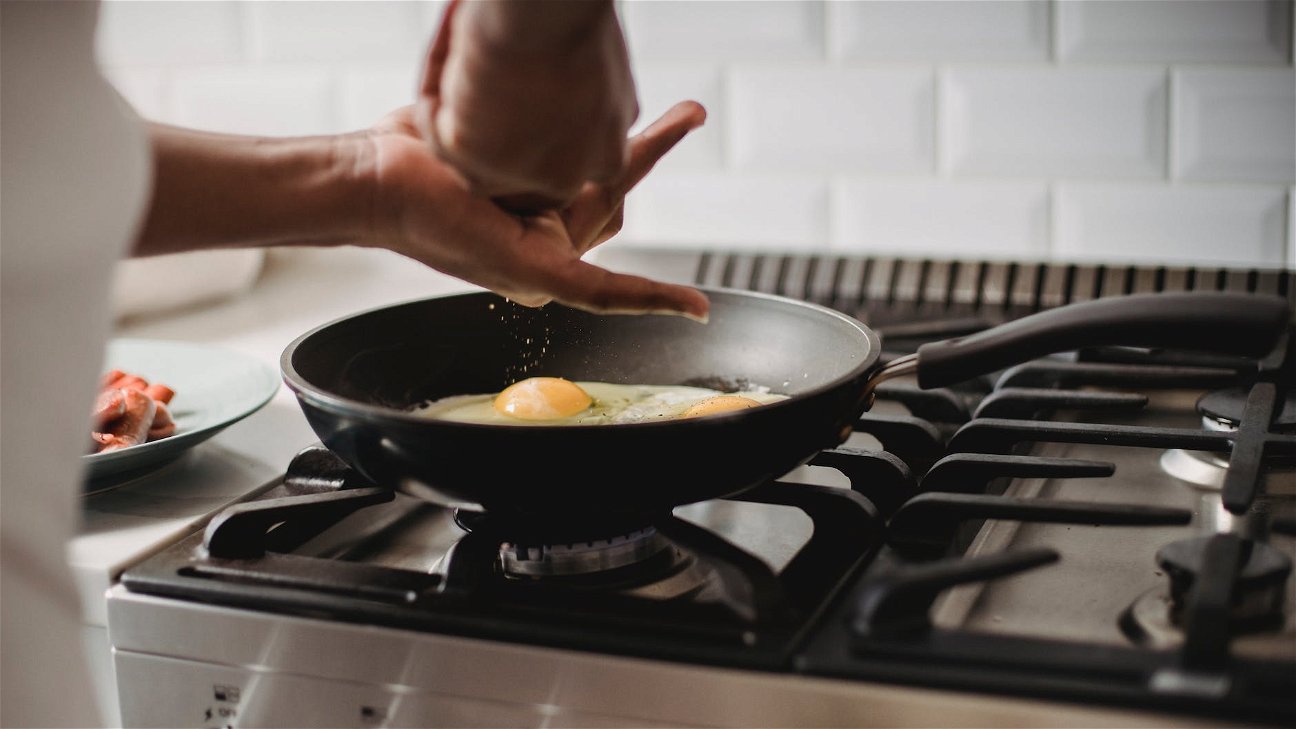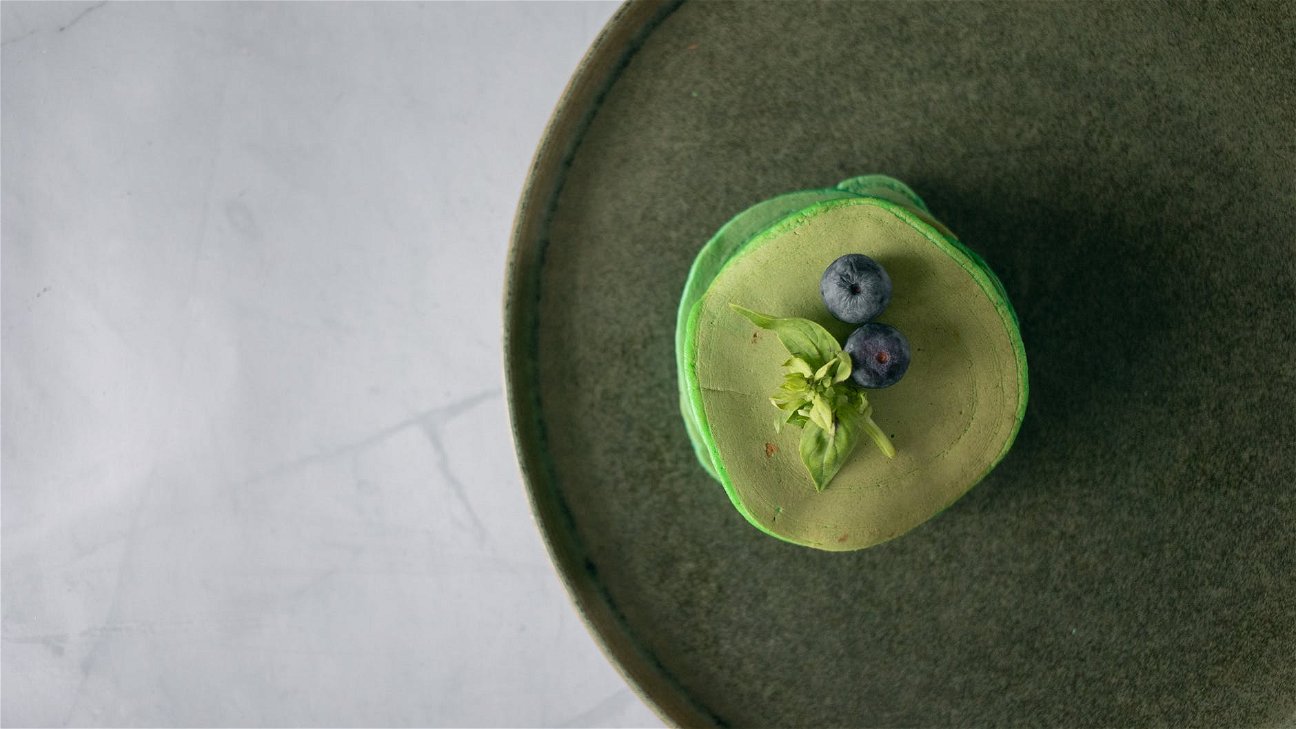
Eggs are a staple in traditional baking for their ability to bind ingredients, add moisture, and contribute to the rising process. But for those who prefer vegan baking, finding an effective egg substitute can be a challenge. In this article, we'll delve into the science of egg replacements, and discuss various alternatives that can achieve similar results without the use of animal products.
Understanding the role of eggs in baking
Eggs serve several essential roles in baking, all of which influence the final texture and taste of the baked goods. Here's a breakdown of these roles:
-
Binding: Eggs help to hold all the ingredients together, giving the final product its structure. Without a binder, the baked goods may fall apart.
-
Leavening: Eggs contribute to the rise of baked goods, creating a light, airy texture. The proteins in eggs coagulate in the oven's heat, creating pockets of air.
-
Moisture: Eggs contain about 75% water, which adds moisture to baked goods. This prevents the final product from being too dry.
-
Color and flavor: The yolk of an egg adds a rich flavor and color to baked goods.
Understanding these roles is crucial when choosing an egg substitute, as you'll need to select a substitute that can perform the same functions.
Types of egg substitutes in vegan baking
When it comes to replacing eggs in vegan baking, there are several options to consider. The choice depends on the recipe, the role of the egg in the recipe, and personal taste preferences. Here's a rundown of some common egg substitutes:
-
Flaxseed: Flaxseeds, when ground and mixed with water, create a gel-like substance that serves as an excellent binder. This is often referred to as a 'flax egg'.
-
Chickpea water (Aquafaba): The water from canned chickpeas can be whipped into a foam with similar properties to egg whites, making it a good choice for meringues and other recipes that require a light, airy texture.
-
Bananas/Applesauce: These fruits can add moisture and act as binders, although they may alter the flavor of the baked goods. They are usually used in sweet goods like cakes and muffins.
-
Tofu: Silken tofu can be pureed and used as a binding agent, particularly in denser baked goods like brownies and quick breads.
-
Vinegar and baking soda: This combination creates a chemical reaction that can help baked goods rise, making it a good leavening agent.
-
Commercial egg replacers: These are usually made of starches and leavening agents, and are designed to mimic the properties of eggs in baking.
Each of these substitutes works best in different scenarios, and it might take some experiment to find the perfect substitute for each recipe.
How egg substitutes affect vegan baking
Replacing eggs in baking is not as simple as swapping one ingredient for another. Different egg substitutes will affect the texture, taste, and appearance of your baked goods in different ways. For instance, using bananas or applesauce as a substitute might result in a sweeter, denser baked good, while tofu or flaxseed might provide a more neutral flavor but denser texture.
It's also important to note that egg substitutes might not always work in recipes that require a large number of eggs. In such cases, it might be more successful to look for recipes that have been specifically developed for vegan baking.
Understanding the science of egg replacements is essential for successful vegan baking. While there is no one-size-fits-all substitute for eggs, a variety of options are available to suit different recipes and preferences. By understanding the role of eggs in baking and the properties of different substitutes, you can create delicious vegan baked goods that are just as satisfying as their traditional counterparts.

